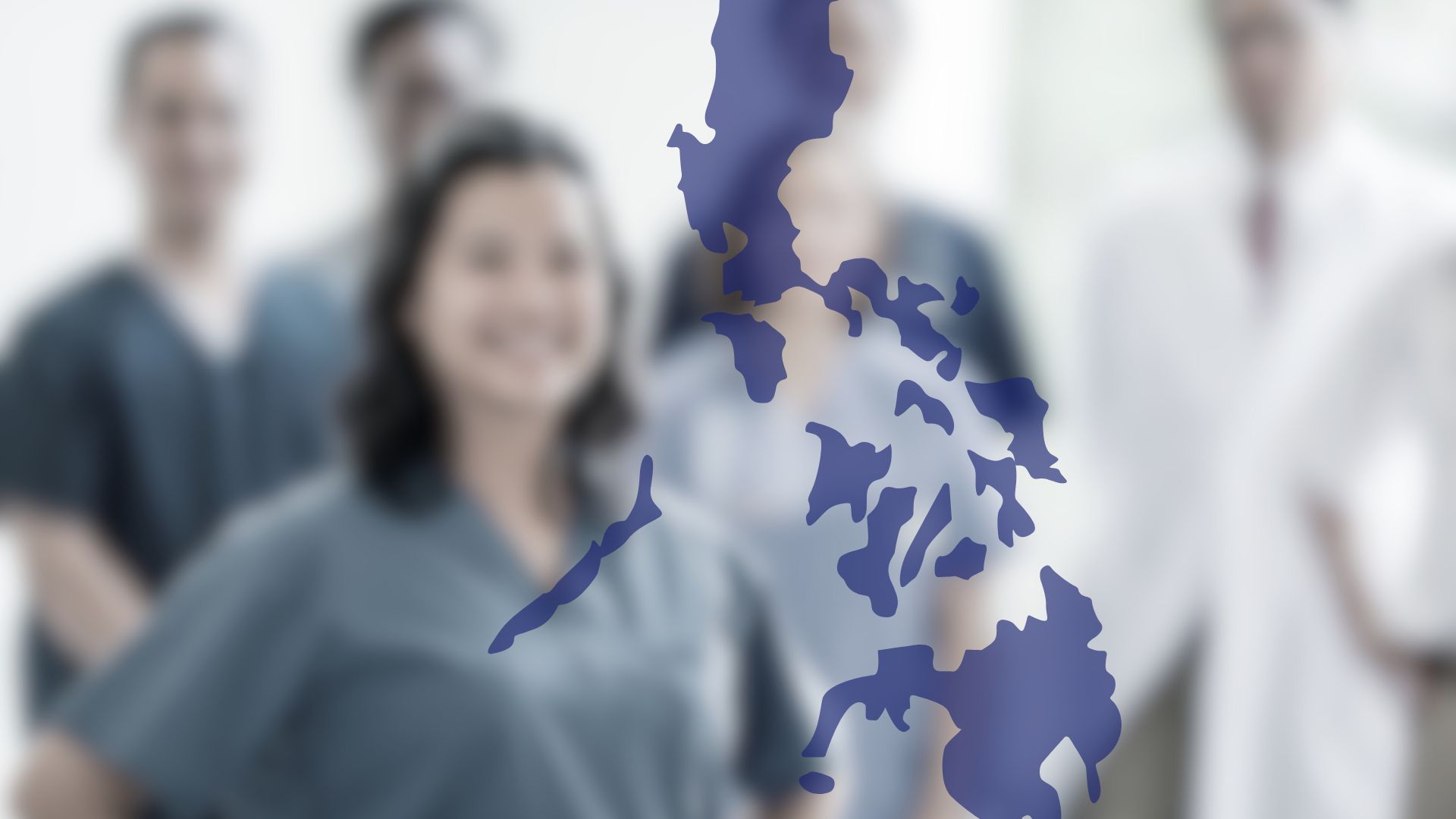
The importance of effective risk communication and transparency: lessons from the dengue vaccine controversy in the Philippines
In 2016, the Philippine Department of Health (DOH) introduced a novel dengue vaccine in a mass immunization program to reduce the substantial economic and social burden of the disease on households and the government. The vaccine manufacturer’s announcement regarding new findings on the small but increased risk of severe dengue for vaccinated seronegative patients caused turmoil as various people claimed that the vaccine caused deaths and that health authorities are corrupt. While health department staff split—some having to preserve its reputation and others to monitor over 800,000 children administered the vaccine—communication between the frontline health workers and parents suffered. As a result, public confidence in vaccines dramatically dropped and the repercussions challenge the public health system. We examine factors that contributed to the crisis and argue for strengthening risk communication strategies and increasing transparency on decision making to counter misinformation and protect public health.
-

Health workforce issues and recommended practices in the implementation of Universal Health Coverage in the Philippines: a qualitative study.
The Philippines' Universal Health Coverage program faces a critical workforce crisis that threatens its very foundation. A new Ateneo de Manila University study reveals that while the country exports healthcare workers globally, it struggles to retain the professionals needed for its own ambitious health reforms. With only 7.92 physicians per 10,000 population and a shortage of 127,000 nurses, systemic barriers—from restrictive hiring policies to uncompetitive salaries—are driving away the very people meant to deliver healthcare for all Filipinos. The research identifies promising solutions, including scholarship programs and comprehensive benefits, but warns that without addressing these fundamental workforce issues, universal healthcare remains at risk.
-

Measuring and Understanding Geographic Inequities in Physician Distribution in the Philippines
Access to quality health care in the Philippines is shaped not only by the availability of physicians, but also by how equitably they are distributed across regions. Many communities, particularly in rural and geographically isolated areas, continue to face limited access to medical professionals, while urban centers often see a concentration of physicians and specialists. The project Measuring and Understanding Geographic Inequities in Physician Distribution in the Philippines seeks to address this challenge by providing a clear, evidence-based picture of physician maldistribution nationwide.
